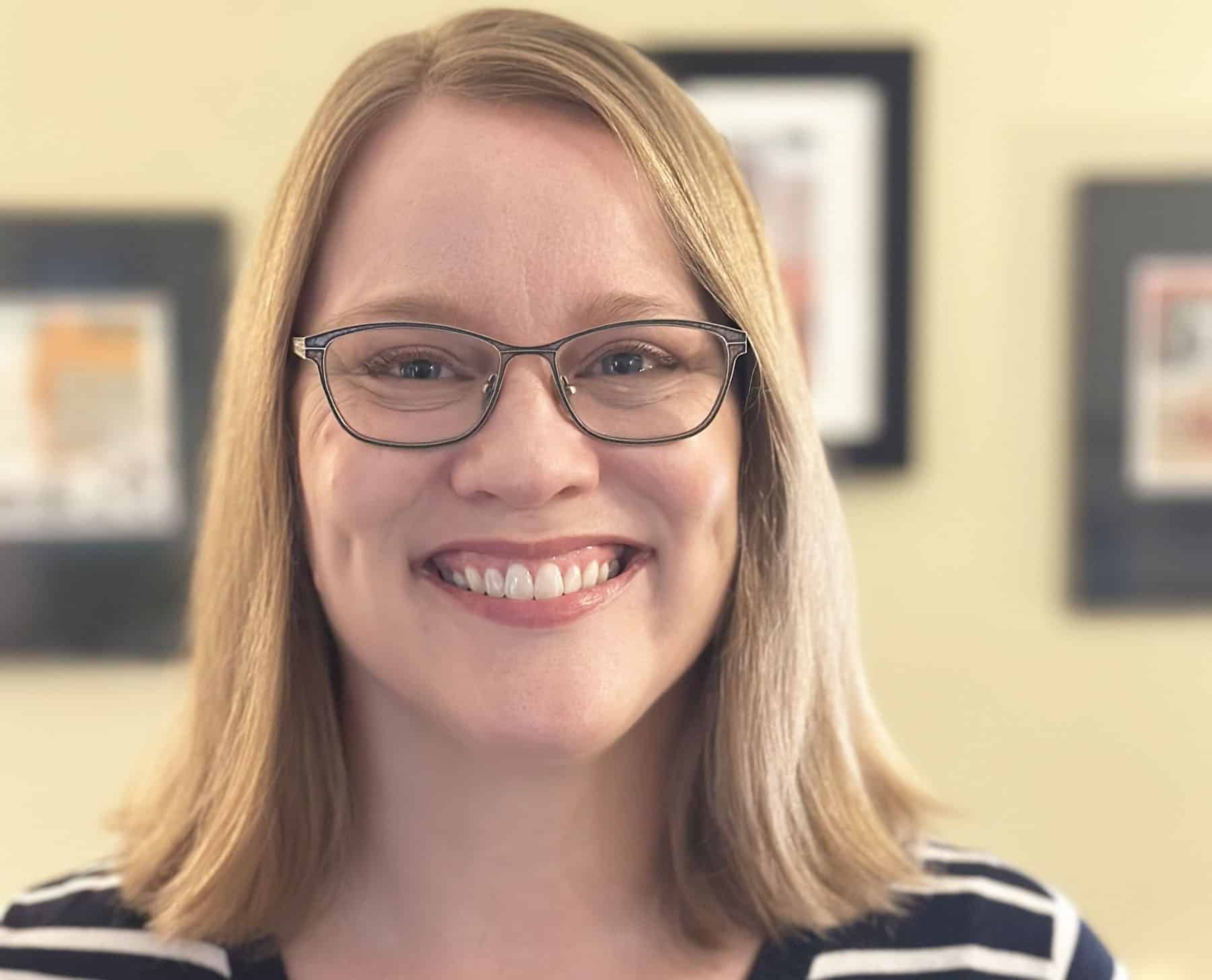| What the Op-Ed Says… | Why It’s Wrong… |
|
“[A capital gains tax] would make the state’s revenue system more volatile.” |
Capital gains rebound quickly after a downturn, making volatility a benefit. In fact, between March 2009 and September 2014, capital gains grew 124 percent nationwide. Compare that to employment, which only rose by 4.5 percent.
This kind of rapid growth in the long run would be a boon for a tax system that currently cannot keep pace with costs of maintaining existing, inadequate investments in health care, schools and other priorities. It also offers policymakers an opportunity to create a more robust Rainy Day Fund. |
| “It would risk driving investment out of state.” | There is no credible evidence to support the argument that the wealthy families who would pay the tax would leave the state as a result of the capital gains tax. (Also, have you seen how beautiful this state is? People want to move here, not leave!)
Further, the tax will not impact businesses or out-of-state investors. It would only impact a small number of very wealthy residents. |
| “You can’t count on just the 1 percent [to solve the state’s budget crisis].” | Given our state’s upside-down tax system, the state is currently relying overwhelmingly on the 99 percent for its revenue. Under current law, working Washingtonians pay up to 9.5 percent in state sales taxes when they buy household goods.
Yet, millionaires pay nothing when they reap huge windfalls from exclusive Wall Street investments. So the 1 percent are overdue in helping make our tax system right-side up. |
| “No matter how you parse it, taxing investment earnings is taxing income, something Washington voters have repeatedly said they don’t want.” | A capital gains tax is different from a tax on ordinary income. It is actually a form of excise tax, or transactional tax, under state law. It is not an income tax. While wage and salary earners don’t get to choose when they pay taxes on their paycheck incomes, millionaires do get to decide when they buy and sell stock and other financial assets. |
The truth is that the proposed new excise tax on capital gains is a great solution to preserving and investing in vital community services in Washington state—services like education, health care, child care, and opportunities to pursue higher education at a community college or university. This proposal would greatly improve Washington state’s flawed, 1930s-era tax system while providing much needed resources that help create jobs and build a strong economy.
